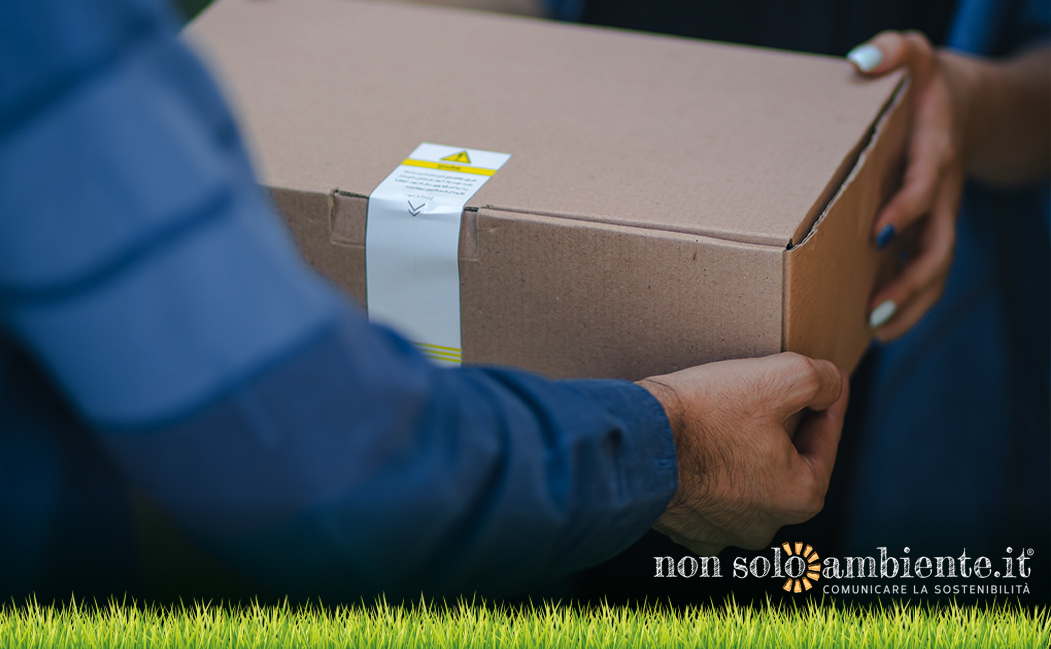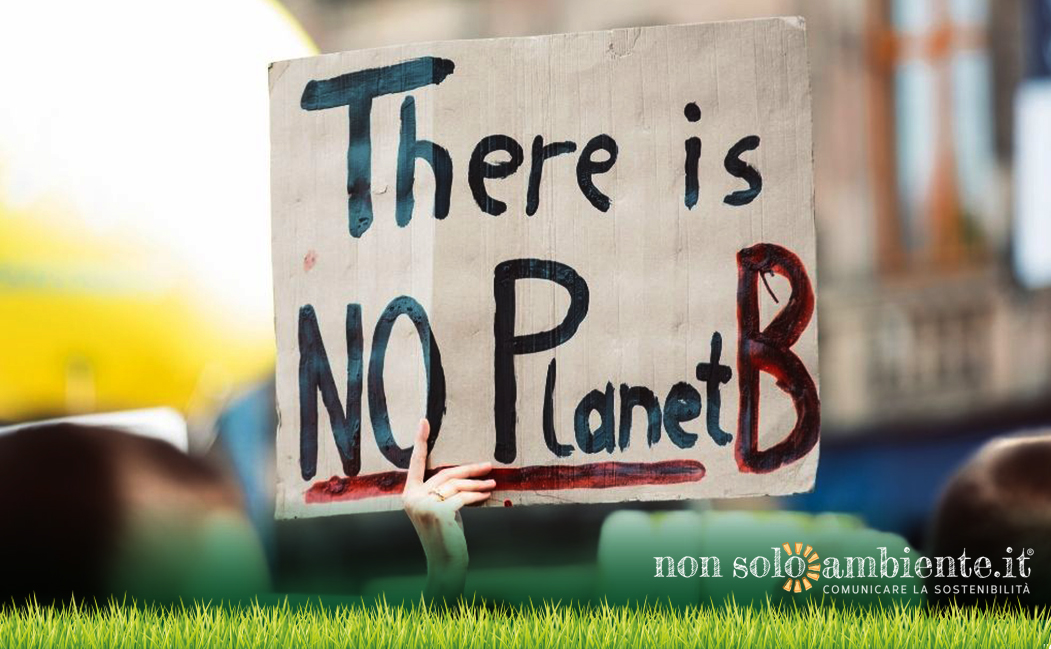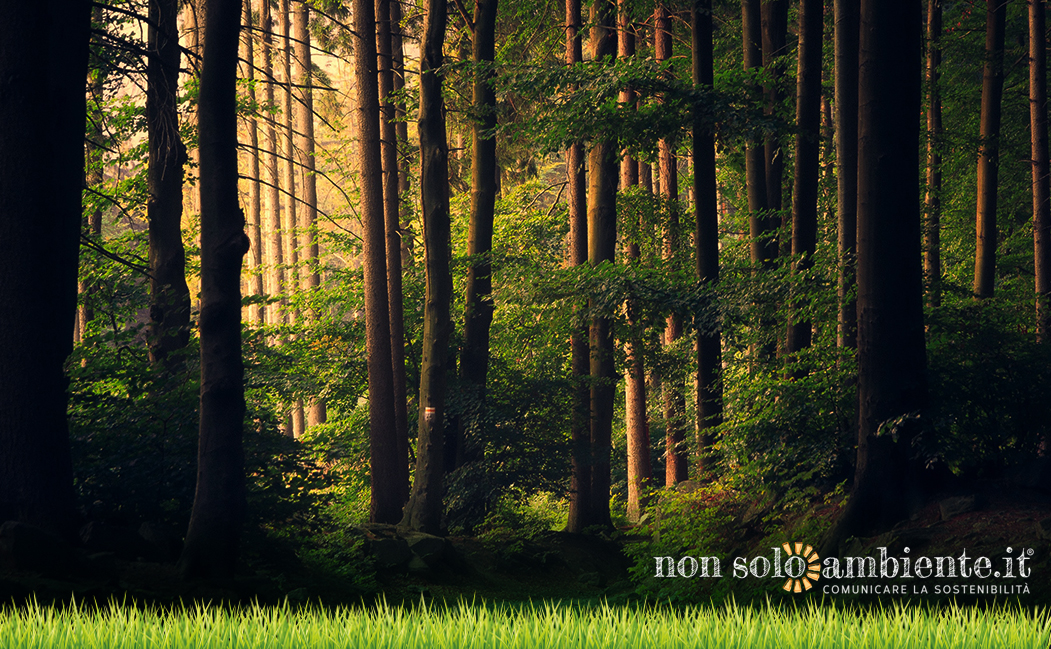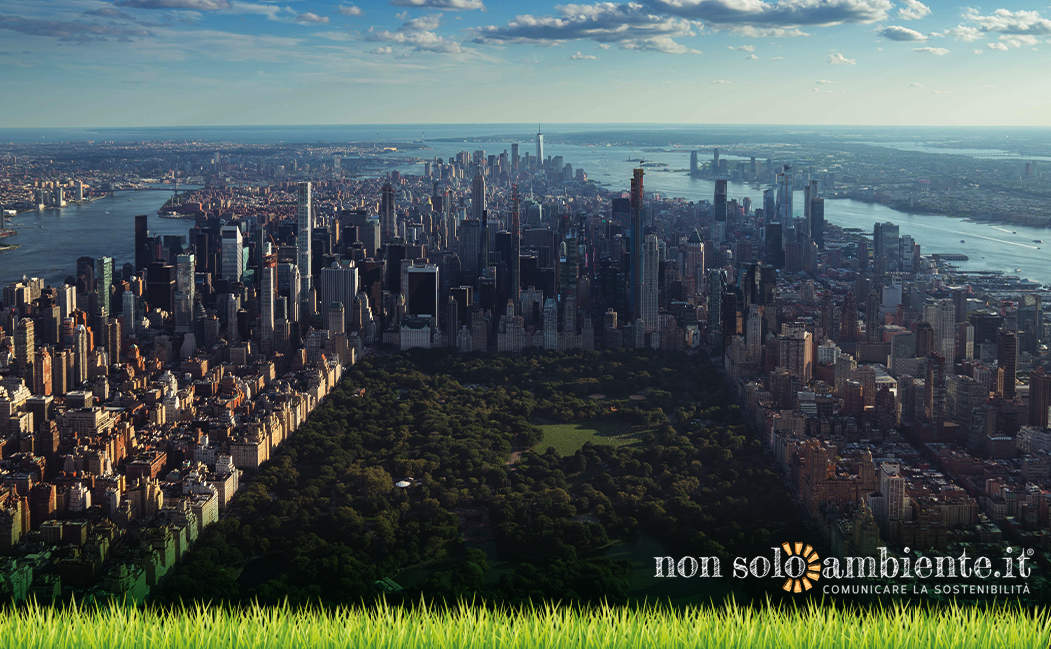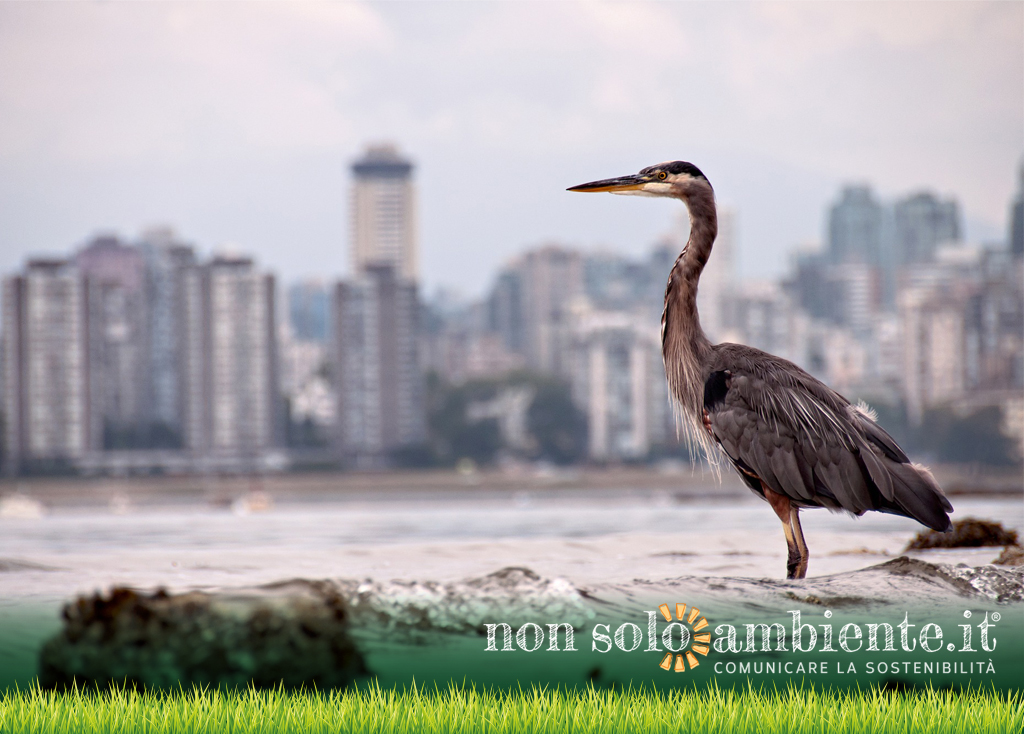
Ultime Notizie

Deserted streets, calm waters and silent countryside: the forced quarantine of man for the COVID-19 emergency opens the doors of cities, ports and countryside to animals. In these days of urban silence, there are many unexpected sightings.
What seemed only a Chinese problem that could not have even touched us, in the end, crossed the borders of Europe. COVID-19 has been brutally unleashed in Italy with all the consequences that we all know. As politics debates and the human population lives these days in isolation and social distancing in their homes, cities across the country are empty, creating an unprecedented scenario, reminiscent in some way of Hollywood's most catastrophic creations. There is, however, a famous our saying that fits perfectly with this unpleasant situation: when the cat's away the mice will play, and the reference to the animal kingdom is more appropriate than ever.
Although it may seem strange, someone is taking advantage of these weeks of quarantine: nature takes its revenge. Animals, inhabitants of the planet as much as we humans, are reassured by the unprecedented tranquillity of urban environments and have taken courage. Gradually, what in the most isolated countryside is almost normal, it is happening even in the big cities, where animals have begun to appear even the most unthinkable species for those contexts. This phenomenon is happening all over the world, as reported by a recent in-depth analysis of the Guardian.
This is how dolphins have become more swaggering in the port of Cagliari and these days they go to snoop under the moored boats, the same happens in other coastal areas of Italy, from Calabria to Trieste. In Milan, hares have returned to parks and swans in the canals - in Venice as well. In other Italian regions wolves, roe deers, deers, foxes, badgers and goats have also come out in the open.
This is a clear signal on which we should all stop for a moment to reflect. Just like us human beings, animals have the right to live on the planet. It took a few days of forced isolation for men to convince the most disparate species to make their way even in an ecosystem that is not particularly suited to their being. It is nothing more than further confirmation of how heavy and negative the impact of modern human life on the environment is and how far we still need to go to create a truly sustainable world, in which the coexistence between men and animals should not be based on the total predominance of one over the other.
Tags:
Potrebbero interessarti ...
Snam’s commitment to sustainability at Dubai Expo 2020
13 Ottobre 2021No more chocolate by 2050 because of extreme droughts effects
22 Settembre 2021How much CO₂ do urban forests absorb?
15 Settembre 2021Iscriviti alla nostra Newsletter!
Sei un sostenitore dell'ambiente in tutte le sue forme? Allora sei nel posto giusto!
Iscriviti subito!